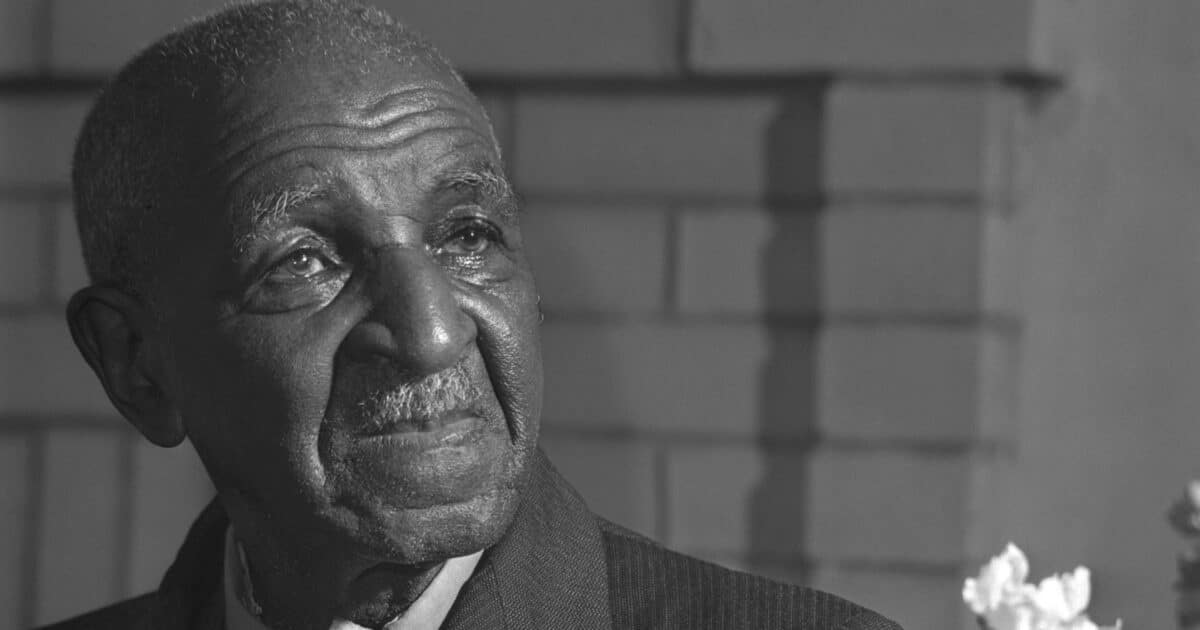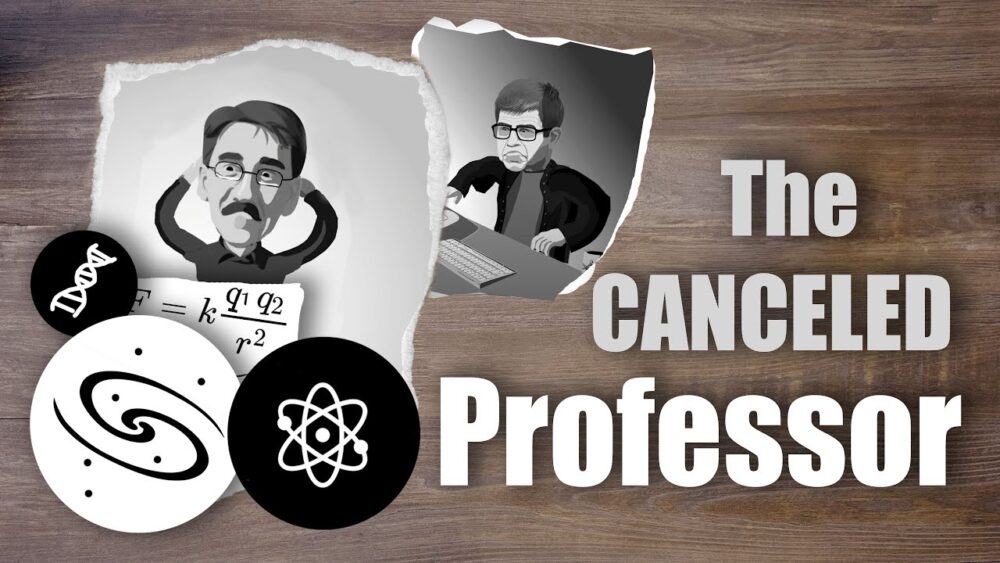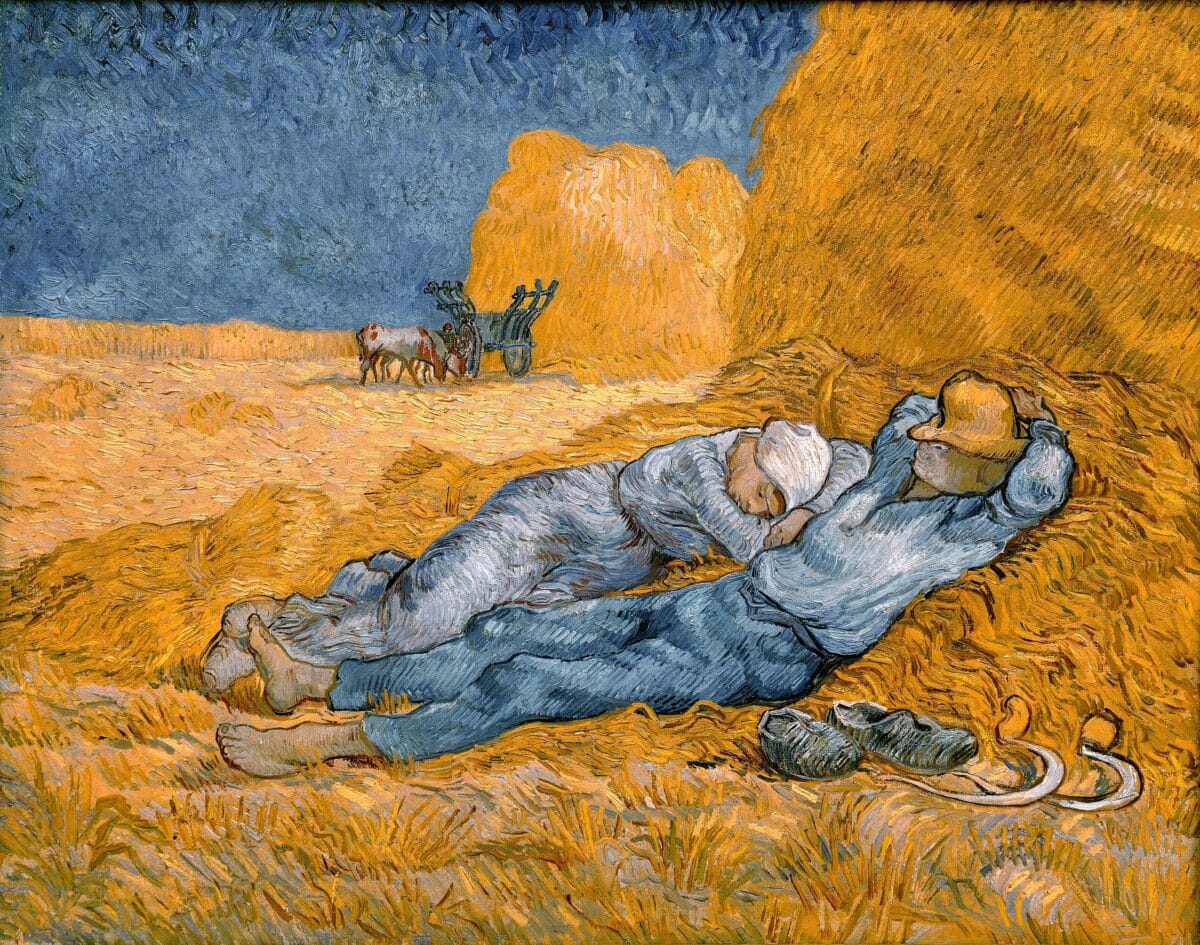
Eric Hedin earned his doctorate in physics from the University of Washington and conducted post-doctoral research at the Royal Institute of Technology in Stockholm, Sweden in experimental plasma physics. He has taught physics and astronomy at Taylor University and Ball State University (BSU) in Indiana, and at Biola University in Southern California. He served as professor of physics at Biola University in California, and chaired the department of chemistry, physics, and engineering at Biola from 2019-2021. Since the fall of 2021, Dr. Hedin has taught physics part-time with Indiana Wesleyan University and speaks regularly at universities around the country with God’s Not Dead Events, led by Dr. Rice Broocks. Dr. Hedin is also an emeritus professor of physics and astronomy at Ball State University in Indiana.
At Ball State, Dr. Hedin’s research interests focused on computational nano-electronics and higher-dimensional physics. Dr. Hedin developed and taught the Boundaries of Science course for six years in the Honors College at Ball State University. In 2013, his course came under attack by a national atheist organization for allowing student discussions in class to consider evidence that nature is not all there is and that our lives have eternal meaning and value within a universe crafted with biocentric design. Based on Dr. Hedin’s experience with this course, he wrote a book published by Discovery Institute, Canceled Science: What Some Atheists Don’t Want You to See, sharing his experience at BSU and highlighting scientific evidence that points to design.
Archives


In Search of Nature’s Hidden Design Treasures

Not Just a Scientific Theory, Intelligent Design Is a Pillar of Academic Freedom

Fireweed: An Example of Intelligent Latent Design

What Lies Beyond Death? A Physicist’s Take

Dark Matter and Intelligent Design: A Prediction

What If? The Threat of Sentient AGI

There’s a Limit to What Nature Can Do

Longevity as Evidence of Original Design

Science Professor Canceled by Atheists Because He Exposed Students to Evidence of Intelligent Design

In Our World, Multiple Levels of Intelligent Design

Intelligent Design — In Miniature

Fruit Is Designed for Life

What Can We Infer About the Source of Life?

Metals: The Gifts That Keep On Giving

Metals & Life: A Finely Tuned Alliance

Earth and Mars — A Rare Gem and a Sharp Contrast

Challenges to Terraforming Mars Highlight the Intelligent Design of Earth

Sleeping and Waking: A Designer’s Gift
